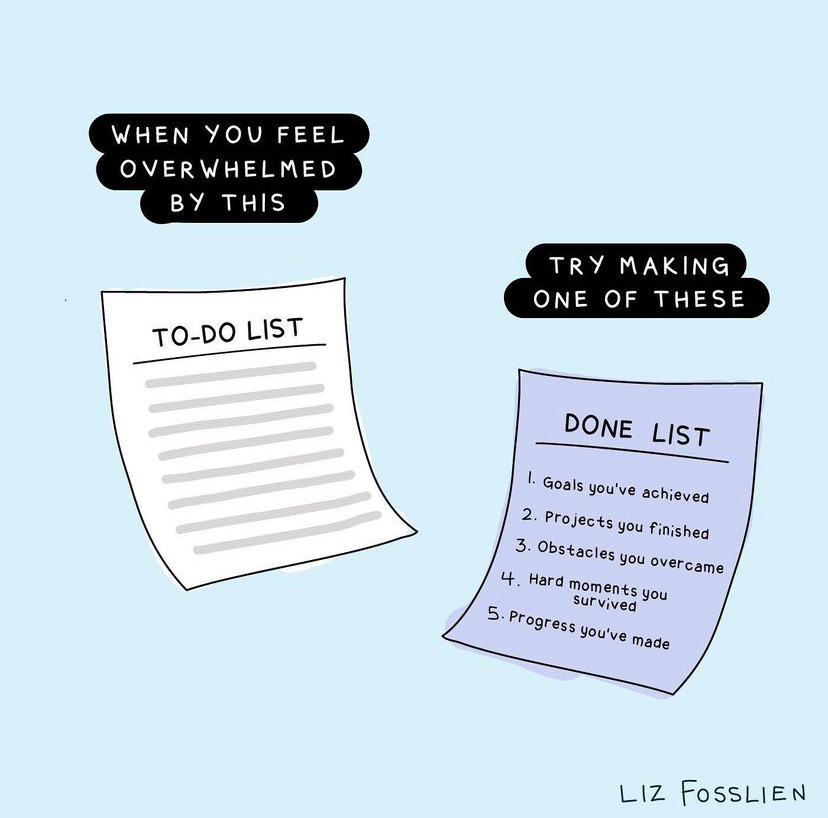Memory

There’s a recent poll by the Post-ABC about how Americans feel about what President Joe Biden has accomplished in his first two years of office. Politics aside, it’s gotten me thinking a lot about memory.
Our world is busy. We’re constantly filling up our calendars. In between, we spiral on Facebook, get into arguments on Twitter, drool over Instagram, and numb ourselves on TikTok. The 24-hour news cycle has been part of our daily lives for decades.
We feel if we stop moving for a moment, we miss out. Social media makes us feel like this so much, that everyone has it better, and if we’re not posting or commenting too, we’re not proving that we’re living.
It’s exhausting.
It impacts our mental and physical health and leaves us emotionally drained.
This overload also impacts our memory. With so much happening all the time, how can we remember anything?
Maybe that’s one reason why in the Post-ABC poll, 62 percent of Americans think President Biden has accomplished “not very much” or “little or nothing” since taking office in 2021. I’m not making a political argument here.
What I’m saying is that in our content-driven, 24-hour news cycle, full-as-possible-calendar world, how can any of us expect to remember what actually has been achieved (or not) by anyone, including ourselves, in the last few years? In the last few months? In the past week?
Do you know what you’ve achieved this week? Have you thought about it?
Chances are, you haven’t.
We’re constantly looking ahead. What’s the next meeting about? How will I finish my project and get to the next one? When do I need to go grocery shopping again?
This makes sense because we’re goal-driven beings. If we didn’t think about what’s coming up, evolution would have wiped us out long ago. It’s survival as much as anything else.
But when you’re only thinking about survival, when you can only think about survival, you might find yourself in a pattern that keeps you down, keeps you overwhelmed.
A lot of my new perspective on life is informed by a book I talk about often. I read the book last spring, and it changed so much for me. The book, Four Thousand Weeks by Oliver Burkeman helped me rethink what it means to be human.
We have limitations. We don’t live forever. I’ve known that for a long time, of course. We all intellectually understand that we die. Death is always part of life, whether we’re young children whose grandparents die or octogenarians whose life partner is gone.
Most of us though don’t truly reckon with our mortality regularly.
Survival, remember?
But what if we did think a little bit more about what it means to be human with a finite time to live? That’s what Burkeman makes the case for throughout the book.
The thing that I deeply love about Burkeman is that he doesn’t just tell you to think more about your mortality; he gives you ideas for actually implementing your new outlook on life.
It’s brilliant. And while his suggestions are simple, they are not always easy to adopt as a regular practice.
There is one suggestion of his, however, that is so easy to implement that I recommend you start doing it today.
Focus on what you’ve accomplished.
It’s the end of the work week for most of us. What did you do this week? What did you accomplish?
Take five minutes, right now, and write down everything you’ve accomplished since Monday.
- You got out of bed on Monday morning (and every morning since) ✅
- You brushed your teeth every day ✅
- You fixed at least one good meal ✅
- You showed up for that meeting ✅
- You shared your idea with the team ✅
- You had a difficult conversation and the world didn’t end ✅
- You checked off X number of things on your to-do list ✅
- You made someone smile ✅
- You were reminded that you are enough, even if you didn’t do any of these things ✅
Look back on what you achieved this week. How do you feel?
What if, every day, you wrote out all the things you’ve done? From the minute to the monumental tasks?
It may remind you that you do a lot every day, even on days you don’t feel productive. And that attitude adjustment might help you tackle tomorrow’s tasks with a little more confidence.
Perhaps if we each reminded ourselves about our accomplishments more, our memory of those achievements would be more long-term. And who knows, maybe that would help us remember all the other things achieved by our families, our teams, and our communities.
We do amazing things every day. It’s good to remind ourselves of that.

